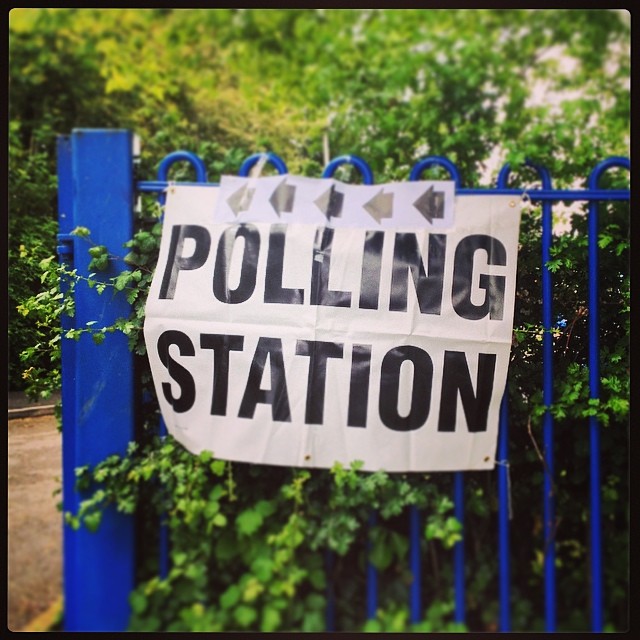| At the end of a recent talk, I agreed to answer questions from the audience. One has had me pondering ever since. It went something like this: “Do you think leaders in Salt Lake and Utah counties will impose a tax increase for transit even though voters rejected it three years ago?” It’s an important question, given that the state Legislature has made it easy, and quite tempting, for those counties to do so. Put differently, however, the question could be stated this way: What is the value of a public vote, which is a form of direct democracy, in a republic? |
| | Or perhaps: Are voters qualified to make public policy decisions, or is that best left to their elected representatives, who have the time to immerse themselves in the pros and cons of such things? Even laws the Legislature passes sometimes are changed or rescinded in future years. Should a law the public passes, or a tax it rejects, be plated in Teflon and made impervious to future meddling? If so, why? In 2015, voters in those counties rejected Proposition 1, which would have raised sales taxes by about a penny for every $4 spent, and used the money to expand mass transit and fund various other transportation projects. This was widely interpreted as a vote of no confidence in the Utah Transit Authority, as a result of management irregularities uncovered several years before. As a result, lawmakers this year passed a sweeping transportation bill, which changed the way UTA is governed. They also gave counties whose voters rejected Proposition 1 the authority either to impose the tax anyway or put it back on ballots to give voters another try. But the law gives counties a big incentive to leave voters out. If counties impose the tax quickly, they can keep 100 percent of the money collected until June 30, 2019. After that, 40 percent of it goes to UTA, 40 percent to the cities within the counties and 20 percent to the counties. And if they do impose the tax, what do they risk? Would voters, angry that their ballots meant nothing in 2015, take it out on incumbents in the next election? Or would voter apathy give them cover? Voters also may wonder what this portends for up to four statewide initiatives that may qualify for ballots this year, including ones to legalize medicinal marijuana and to set up an independent process for setting the state’s political boundaries — something Republican lawmakers have seen as their right to do every 10 years after each new Census. If voters pass these, would lawmakers tweak, or even repeal, them? Is there a reason, given what lawmakers are elected to do, that they shouldn’t? Nationally, more and more lawmakers seem to be answering “no” to that last question. In South Dakota, voters in 2016 passed a reform measure requiring public financing of campaigns, limiting campaign contributions and banning gifts from lobbyists. State lawmakers subsequently repealed it. Now, a new initiative to reinstate it is back on ballots for 2018. In Maine, voters passed an initiative raising the state’s minimum wage, but the governor has been fighting against it ever since, arguing voters lacked the information needed to make an informed decision. Which takes us back to the fundamental argument over whether elected representatives make better choices than regular people who may or may not be fully engaged in the issues. The answer may be yes for complicated policy issues, but no for tax matters. Voters know their own pocketbooks best, after all. This isn’t the first time transit projects have been caught in this kind of an issue. Way back in 1992, voters rejected a tax increase to fund the initial construction of light rail in Salt Lake County. Elected officials found the money to build TRAX anyway, arguing voters had rejected only a tax increase, not the concept of light rail itself. This situation is more clear-cut, however. In the end, I told the questioner I hoped county leaders would decide to put the tax back on the ballot, rather than just imposing it. Otherwise, they would be arguing that such a thing demanded voter support in 2015 but not in 2018. Whether that happens, of course, is up to the folks we elect to make such decisions. |


 RSS Feed
RSS Feed

